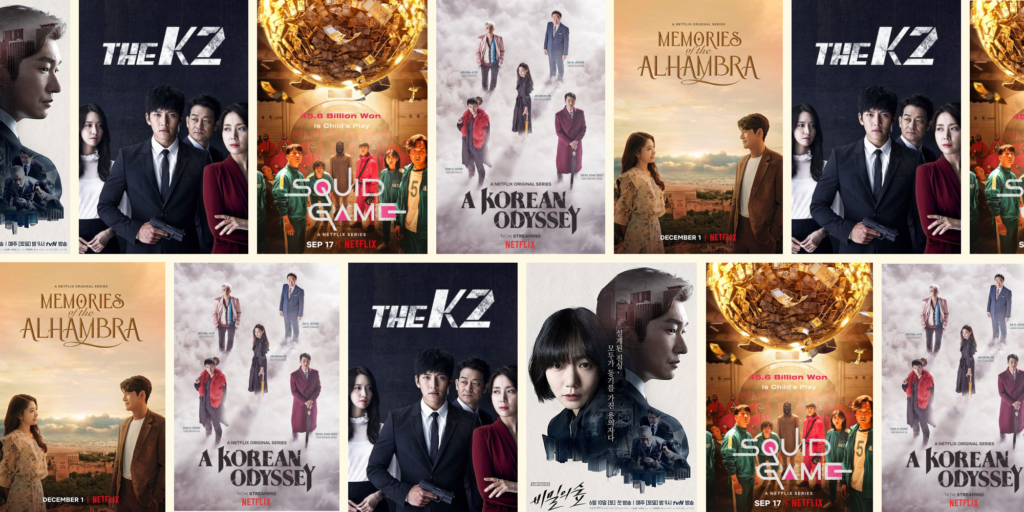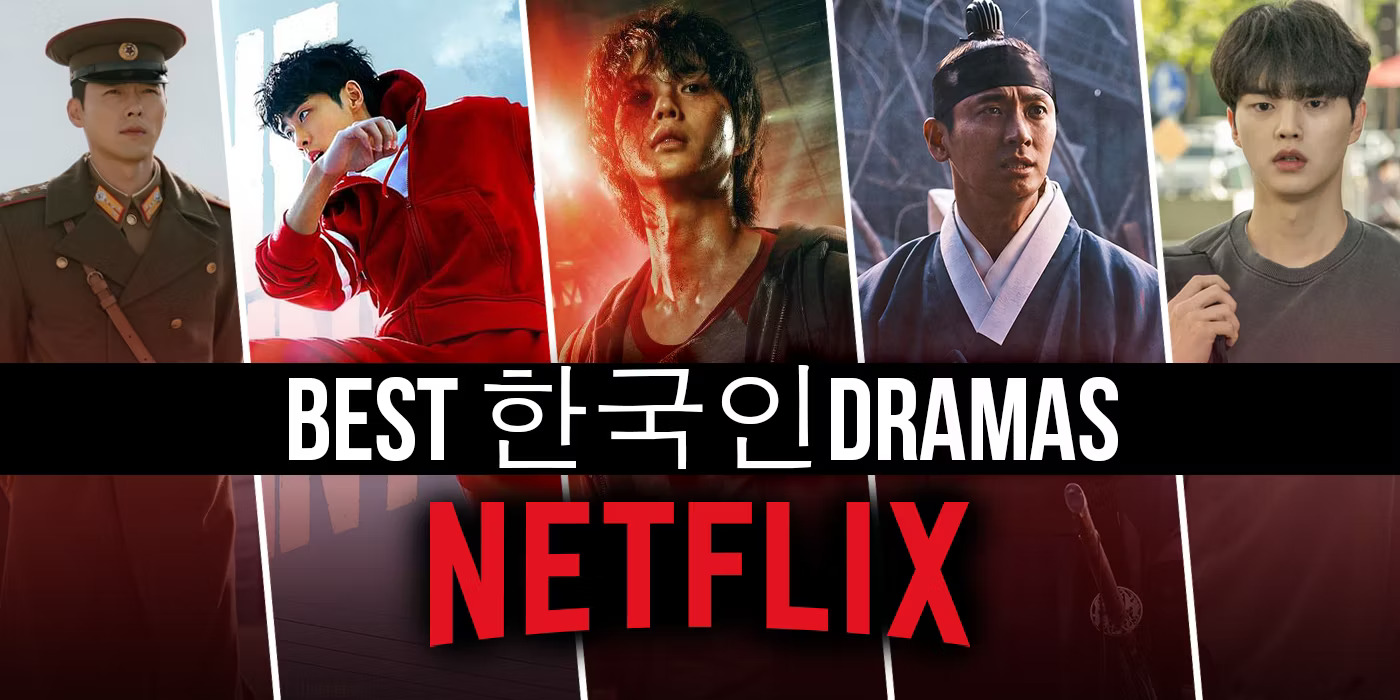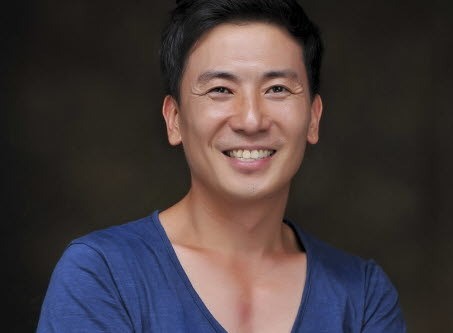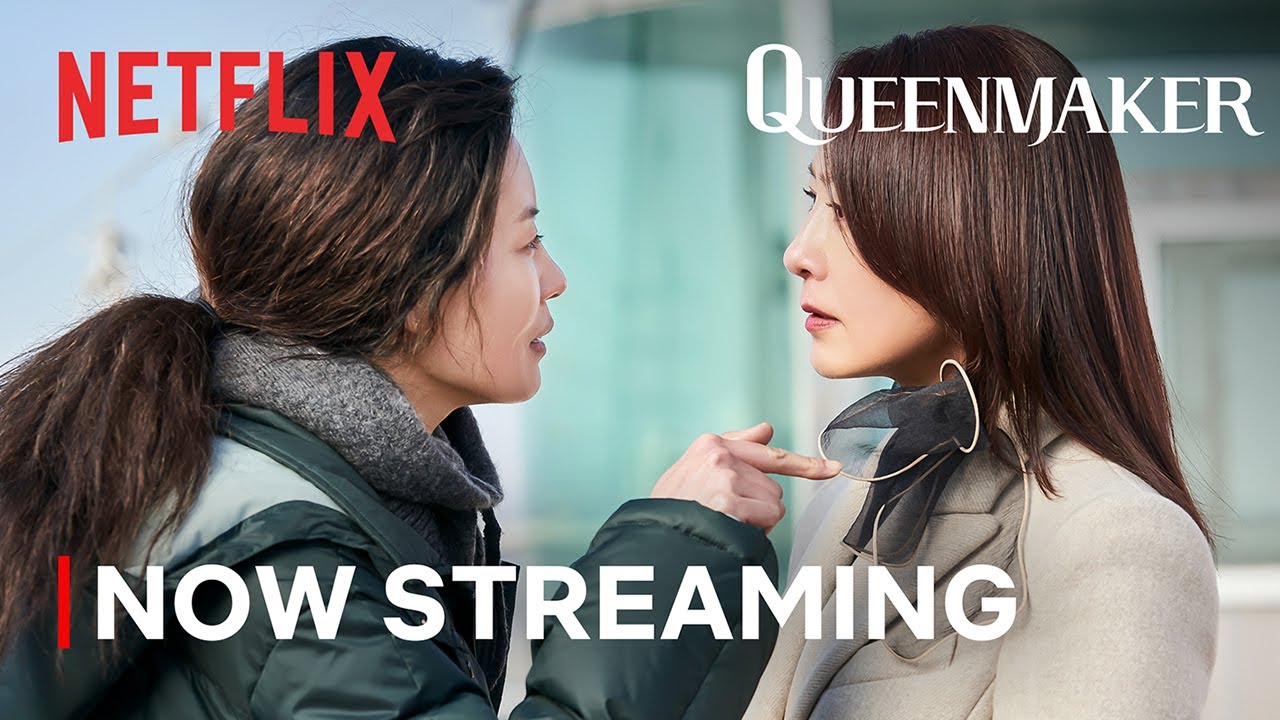In the ever-evolving landscape of the entertainment industry, streaming giant Netflix has managed to establish itself as a formidable force. Yet, as the platform’s success continues to soar, a disconcerting narrative has emerged – the contentious issue of residuals for South Korean actors. Lets delve into the troubling story of the battle Korean actors face against Netflix’s unjust compensation practices and shine a critical light on the platform’s exploitation of their creative talent. We see you, Netflix!
At the heart of the controversy lies Netflix’s stark refusal to provide residuals to South Korean actors for their contributions to the platform’s shows. While supporting actors have been left grappling with meager paychecks, Netflix’s profits have skyrocketed, painting a picture of corporate greed at the expense of hardworking talent. Why would one starve their golden goose?
Song Chang-gon, the President of Korea’s Actors Union, has waged a relentless battle for fair treatment, repeatedly reaching out to Netflix. Shockingly, these efforts have been met with stony silence and a blatant lack of acknowledgment from the streaming giant. The absence of responsiveness raises questions about Netflix’s commitment to ethical business practices and accountability.
To an even greater degree than America, Netflix’s operations in South Korea are shrouded in mystery, with contact details for its local office seemingly hidden from view. This deliberate inaccessibility speaks volumes about the platform’s disregard for open communication with industry stakeholders, further exacerbating concerns about its intentions. Netflix’s success has been built on the backs of talented South Korean writers, production workers, and actors. However, the company’s exploitation of underpaid supporting actors paints a grim picture of its priorities. While reaping substantial profits from their content, Netflix has consistently neglected its moral obligation to compensate these individuals fairly.

The transformative effect of Netflix’s presence on South Korea’s entertainment industry cannot be understated. However, the platform’s pursuit of profit over fair compensation has led to the erosion of the industry’s fabric. The widening gap between A-list actors and supporting cast members is indicative of the platform’s penchant for disregarding the fundamental principles of equity and inclusivity. This also includes the often neglected but much loved voice actors of South Korea who also find themselves trapped in a precarious position. The lack of protections and hurried contract signings serve as a testament to Netflix’s disinterest in safeguarding the rights and well-being of these talented individuals.

While Netflix has championed the shift from traditional network television to streaming, someone needs to critically examine the underlying implications of this transition. The platform’s shorter seasons and unique production models have resulted in compromised compensation structures, pushing supporting actors further into the shadows. This situation mirrors SAG-AFTRA’s position against all streamers not just Netflix. A closer look at the production process reveals a troubling pattern of exploiting labor-intensive shoots for the sake of profits. The dismissive attitude towards compensating actors for their extended involvement in shooting Netflix originals raises ethical concerns and exposes the platform’s disregard for equitable payment.
The continued silence meeting the South Korean Actors Union’s efforts to negotiate fair residuals and compensation terms, makes it evident that theirs is an uphill battle against a behemoth that consistently prioritizes its profits over principles. We see you Netflix! The streaming giant’s refusal to acknowledge the importance of equitable treatment shatters the illusion of fairness that should underscore all collaborations in the entertainment industry.
So, as the battle rages on, it remains to be seen whether the industry will hold Netflix accountable for its exploitative tactics or if this era will be remembered as one marked by the platform’s greed at the expense of creative talent. I believe it will be the former; definitely the former. Though you never know, if SAG-AFTRA wins their war on wages maybe the aftermath will spill over into international waters.





With all the money these creators and artists make for Netflix one would think they would be paid equitably
Netflix opened a lot of doors to creatives in korea who would not have gotten their work made. Having said that they should also be paid fairly.